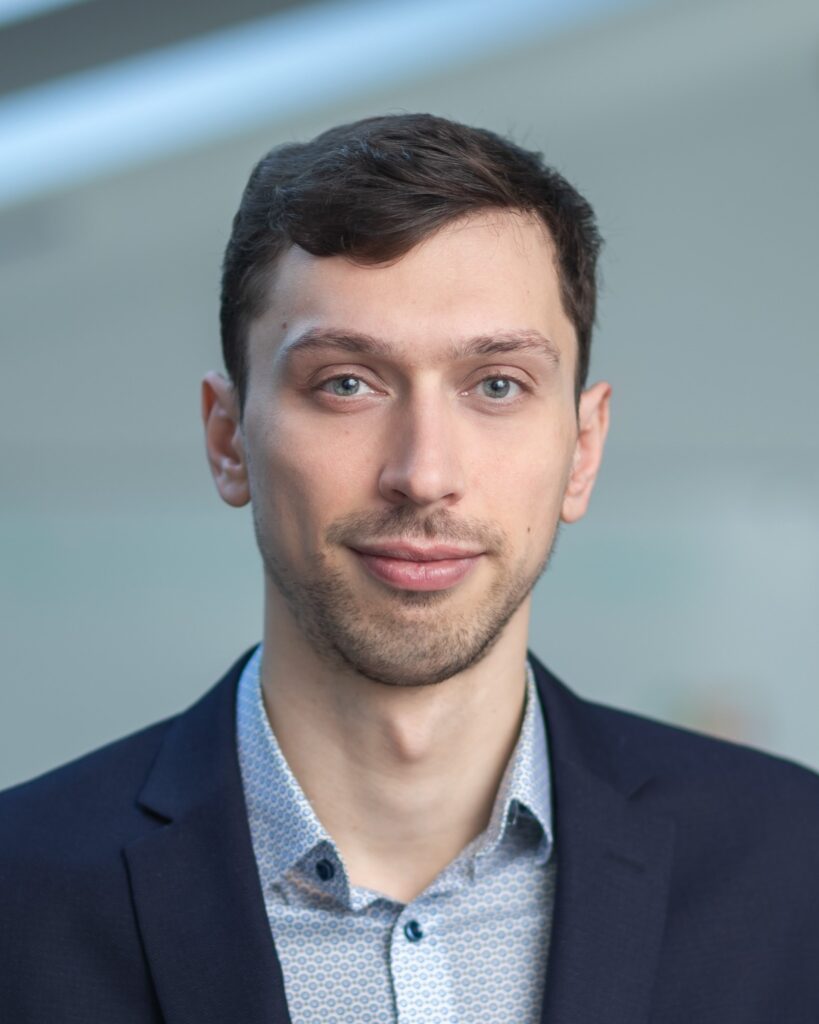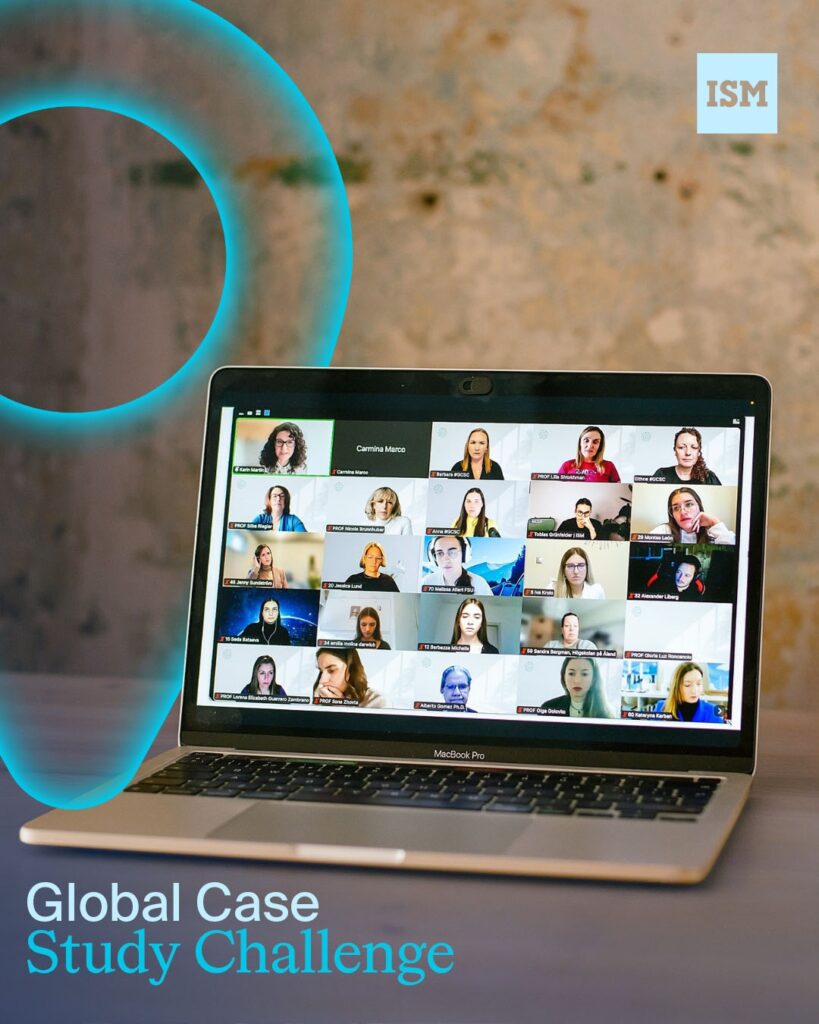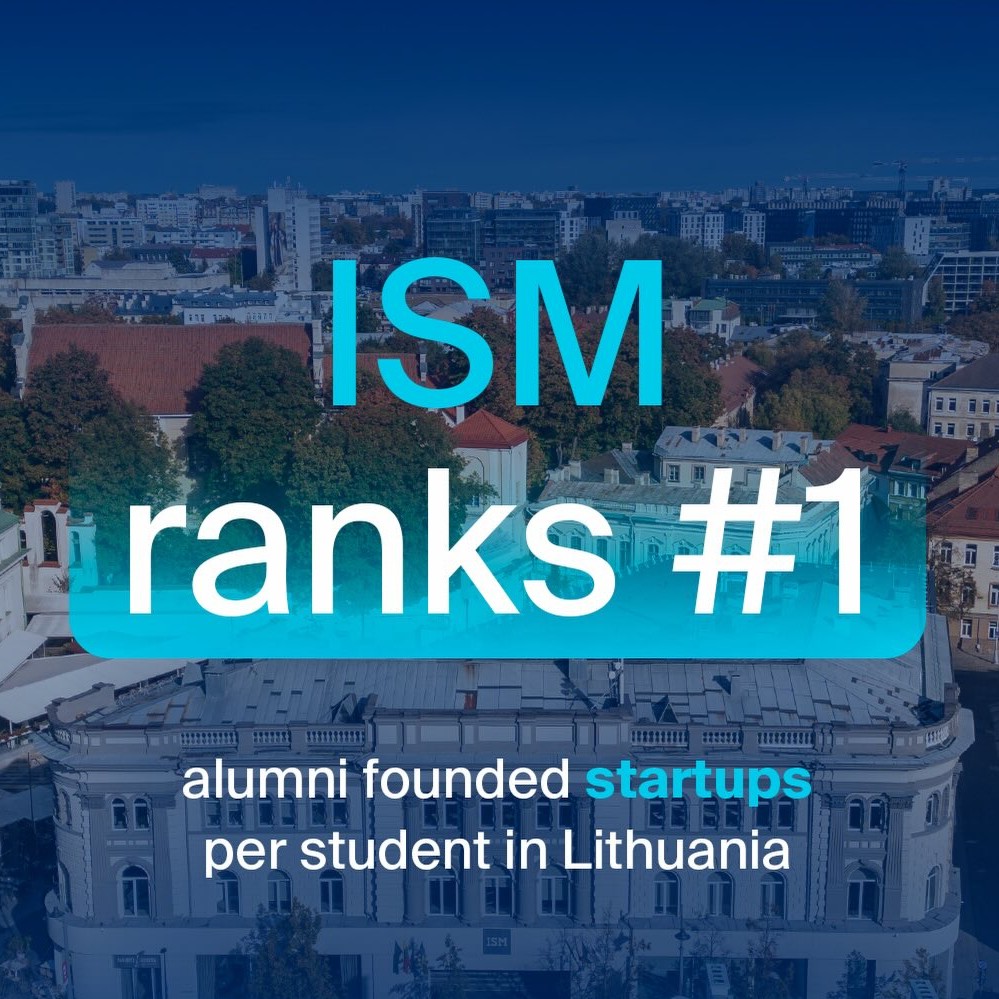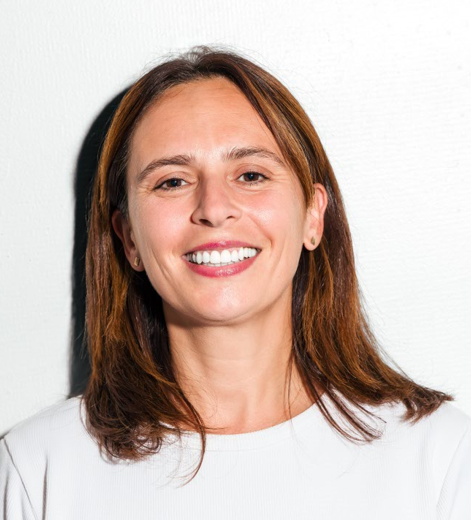Recently, Dr. Pijus Krūminas, the Head of ISM Wargaming Lab, was featured on the Riskgaming podcast in an episode titled The Global Future of Wargaming in Lithuania.
In the conversation, he discussed how academic research flows into wargaming design, how students learn through experiences, and why political economy deserves more attention compared to traditional war-focused simulations.
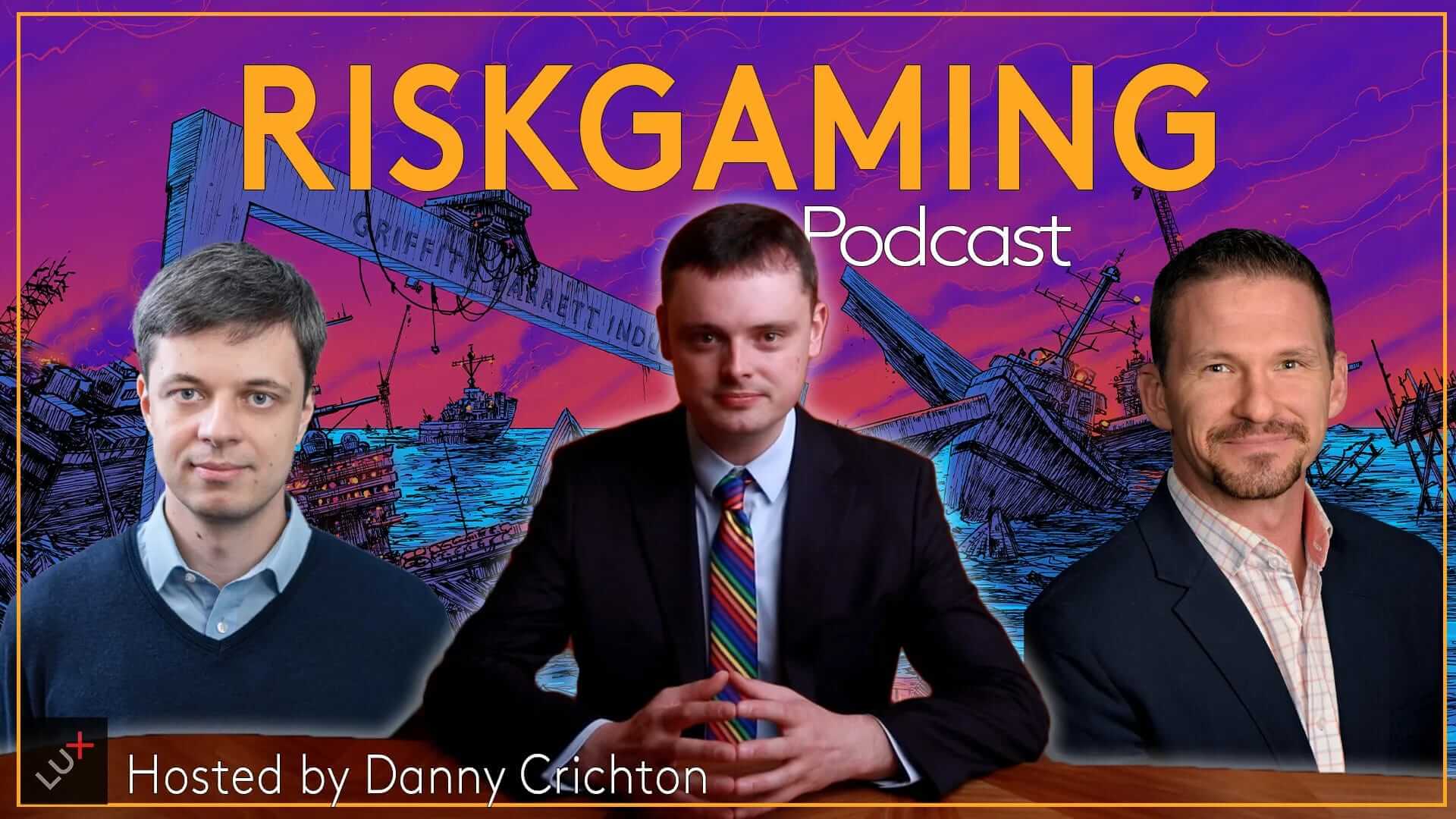
Excerpt from the chat
Ian Curtiss:
From your student’s perspective, how do you encourage them to model political economy as a game? Because when we — meaning the gaming community — talk about these difficult-to-measure concepts, people get so jittery about gamifying them, putting hard metrics on these things.
Pijus Krūminas:
One thing I do is basically I give them freedom in terms of the topic as long as it broadly fits within the political economy. So, they can go into historical examples, or they can model something more present. And I think giving them freedom to select their theme also makes them a bit more open. Not everybody would necessarily like to work on a kinetic war game, because of the topic, but then an election, or something like that, they would. Or we had a game on privatization processes in the 1990s in Lithuania. After the Soviet Union collapsed, the state had a lot of stuff it didn’t need. So, privatization takes place, and how it turns out, and to who are the winners, the losers, et cetera.
So, there’s different types of topics, and I think students go with what they know they can work with, and what they want to work with.
